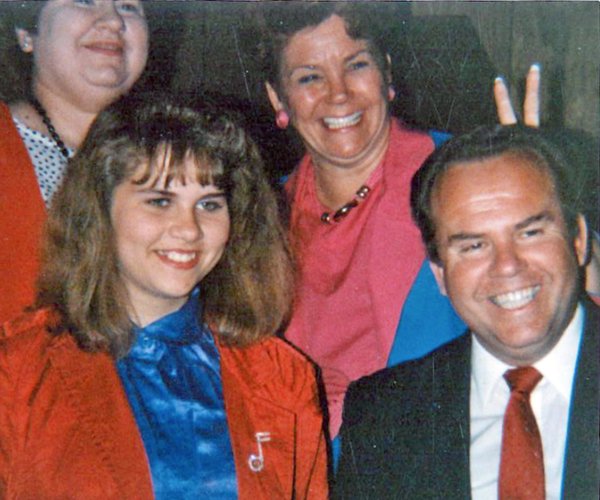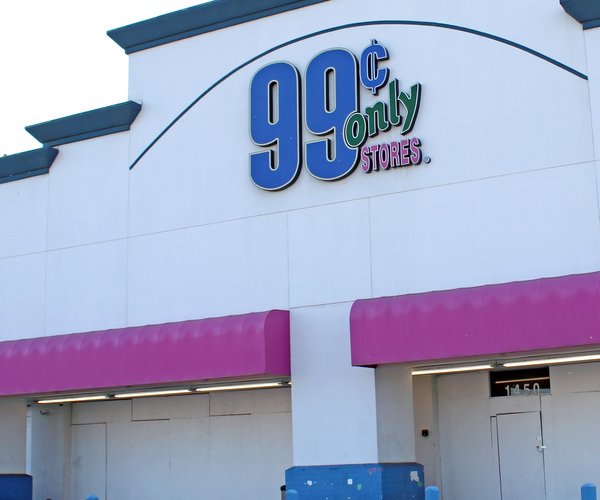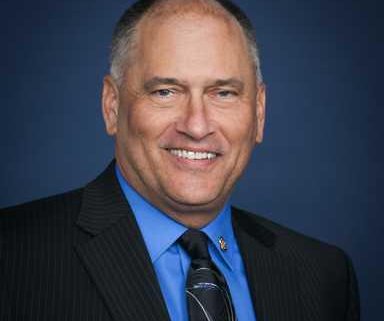BEAM Circular heralded the award of $9.8 million in funding secured for the California Bioeconomy Innovation Campus — a future state-of-the-art facility in Stanislaus County designed to scale breakthrough technologies that convert agricultural byproducts, food waste, and forestry residues into renewable energy, sustainable materials and other valuable products.
The campus will be built on a site yet to be determined to support California’s transition to a circular, low-carbon economy. By addressing the gap between research and commercial manufacturing, the facility will provide innovators and businesses with the resources to bring promising bio-based products to market.
The campus will offer shared facilities for entrepreneurs, support workforce training, and de-risk technologies that unlock new industry opportunities across California’s ag regions, specializing in upcycling of locally-sourced biomass waste.
The funding comes from two significant sources: $8 million allocated through the state budget, and $1.8 million in catalyst funding from regional economic development convener North Valley THRIVE through the California Jobs First Program.
“This is a major step forward for California’s leadership in the global bioeconomy,” said Karen Warner, CEO of BEAM Circular. “Our community is building the infrastructure to turn waste into opportunity — powering a more resilient and inclusive economy, protecting our environment, and creating a new generation of green jobs.”
“The Legislature and Governor Newsom’s decision to invest in BEAM Circular via the state budget is great news – a win-win for the Northern San Joaquin Valley and the rest of California,” said state Senator Jerry McNerney. “It will bring high-quality jobs, benefit farmers and growers, and accelerate wildfire solutions, while helping the state meet its climate goals. The $8 million budget investment will also enable California to remain a leader in the burgeoning bioeconomy which focuses on transforming agricultural waste, forest residue and other bio wastes into viable bioproducts, rather than relying on fossil fuels.”
The campus is a key pillar of circular bioeconomy innovation and bioindustry development efforts led by CBIO Collaborative, a coalition of over 100 public and private partners coordinated by BEAM Circular, the Lawrence Berkeley National Laboratory, UC Merced, the Manufacturers Council of the Central Valley, and WE Will!, the North San Joaquin Valley’s K16 Regional Collaborative.
Key benefits of the California Bioeconomy Innovation Campus will include:
• Enable the transformation of agricultural byproducts, food waste, and forestry residues into valuable resources - reducing demands on land and precious resources;
• Support the creation of thousands of good-paying jobs through biomanufacturing attraction and development, with bioindustrial roles averaging 40% more than the regional median wage in the San Joaquin Valley;
• Help reduce wildfire threats by utilizing excess woody biomass cleared for healthy forest management;
• Reduce methane emissions, divert fossil fuel use, and promote carbon sequestration;
• Keep bioeconomy innovation, investment, and manufacturing rooted in California.
“We’re excited to secure this $8 million investment in building a stronger circular economy right here in the Central Valley,” said Ransom. “For generations, we’ve fed the world through agriculture - and now, even our agricultural scraps are helping fuel the future. We’re not only growing crops; we’re growing innovation, good-paying jobs, and real solutions to climate challenges. We are ready to lead California’s bioeconomy.”
The project has received support from a broad, bipartisan group of public officials, including state Senator Marie Alvarado-Gil and Assemblyman Juan Alanis.
BEAM Circular recently signed a Letter of Intent with the Valley Building Trades Council to develop the project under a Project Labor Agreement (PLA), ensuring that the project’s construction will create high-quality union jobs.
“The Valley Building Trades are proud to partner with BEAM Circular to build the infrastructure needed to create sustainable manufacturing jobs in our region,” said Corey Van Rys, secretary-treasurer of Valley Building and Construction Trades Council. “Our members are ready to build this state-of-the-art facility that will reduce waste, mitigate wildfire risk, and create valuable bio-based products while providing family-supporting careers for local residents.”
“The North Valley Labor Federation strongly supports this innovative project because it aligns with our vision for creating sustainable, high-quality jobs,” said Will Kelly, Executive Director of the North Valley Labor Federation. “The bioeconomy represents a significant growth opportunity for our region, and we’re committed to ensuring working families benefit from this transition to a more sustainable future.”





